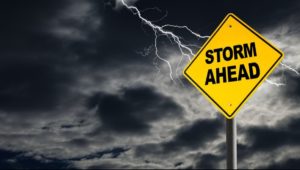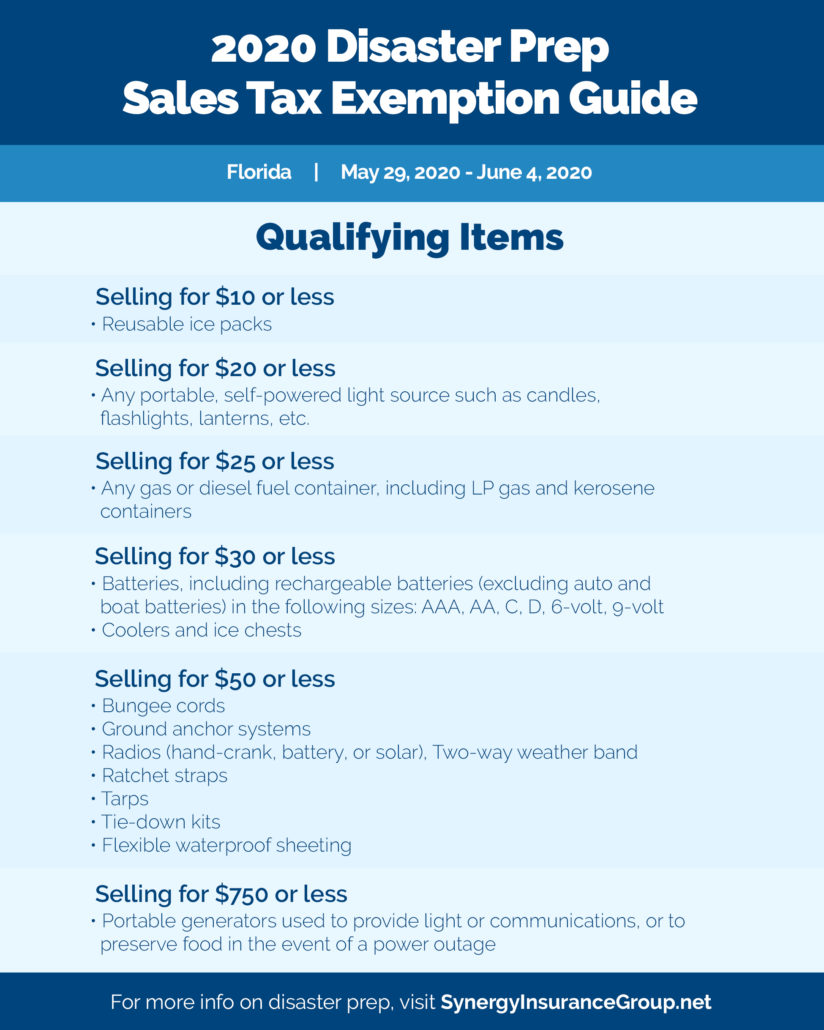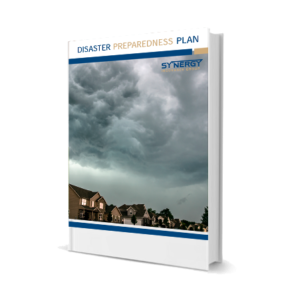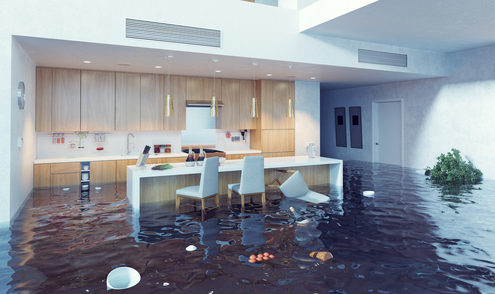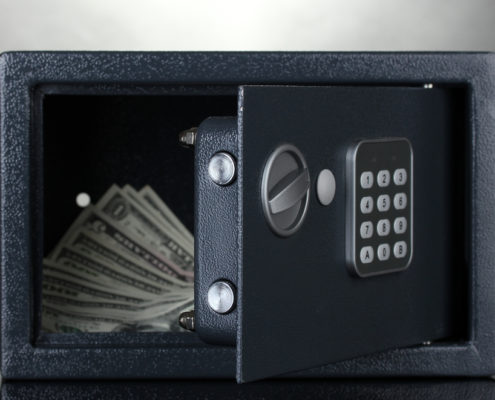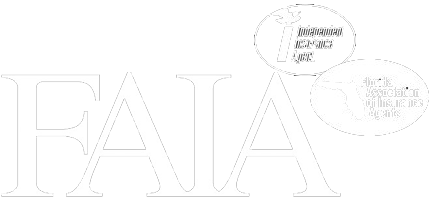Seasonal Home Maintenance Tips for Florida Residents: Summer Edition
At Synergy Insurance Group, we understand the unique challenges Florida homeowners face, especially during the hot and humid summer months. To keep your home in top shape and avoid common insurance claims, it’s essential to perform regular maintenance tasks tailored to the season. Here are some crucial summer home maintenance tips for Florida residents.
1. Air Conditioning Maintenance
Clean and Replace Filters
- Why: Clogged filters reduce efficiency and can lead to system failure.
- How: Check and replace filters monthly. Clean reusable filters regularly.
Professional HVAC Check-Up
- Why: Ensures optimal performance and prevents unexpected breakdowns.
- How: Schedule a professional inspection and servicing before the peak summer heat.
2. Roof and Gutter Inspection
Inspect and Repair Roof
- Why: Summer storms can exacerbate existing damage, leading to leaks.
- How: Check for loose or missing shingles, signs of wear, and potential leak points. Replace damaged shingles immediately. Click here to read more about how to Hurricane Proof Your Roof.
Clean Gutters and Downspouts
- Why: Prevents water damage and foundation issues.
- How: Clear debris from gutters and ensure downspouts direct water away from your home.
3. Pest Control
Seal Entry Points
- Why: High temperatures and humidity attract pests indoors.
- How: Inspect and seal cracks, gaps, and holes in walls, windows, and doors.
Yard Maintenance
- Why: Overgrown vegetation can harbor pests.
- How: Trim bushes, mow the lawn regularly, and remove standing water where mosquitoes breed.
4. Hurricane Preparedness
Inspect and Reinforce Windows and Doors
- Why: Prevents wind and water damage during storms.
- How: Check for gaps and cracks. Install storm shutters or impact-resistant windows if necessary.
Check and Secure Outdoor Furniture
- Why: Loose items can become dangerous projectiles.
- How: Secure or store outdoor furniture, grills, and other items that can be picked up by strong winds.
5. Plumbing Check-Up
Inspect for Leaks
- Why: Humidity and heat can exacerbate plumbing issues.
- How: Check for leaks in hoses, faucets, and pipes. Repair any issues promptly to prevent water damage.
Clean and Maintain Drains
- Why: Prevents clogs and backups.
- How: Use natural solutions like baking soda and vinegar to clean drains. Avoid chemical drain cleaners that can damage pipes.
6. Electrical System Maintenance
Check and Replace Worn-Out Wiring
- Why: Prevents fire hazards.
- How: Inspect all visible wiring for wear and tear. Consider a professional inspection for hidden wiring.
Surge Protection
- Why: Protects appliances from power surges during thunderstorms.
- How: Install surge protectors on major appliances and consider a whole-house surge protection system.
7. Exterior Maintenance
Pressure Wash Exterior Surfaces
- Why: Removes mold, mildew, and dirt buildup.
- How: Pressure wash siding, driveways, and patios. Be cautious not to damage surfaces.
Paint Touch-Ups
- Why: Protects against weather damage.
- How: Touch up any chipped or peeling paint to protect your home’s exterior from the elements.
8. Fire Safety
Check Smoke Detectors
- Why: Ensures early detection of fires.
- How: Test smoke detectors monthly and replace batteries at least once a year.
Create a Fire Safety Plan
- Why: Prepares your family in case of an emergency.
- How: Develop and practice a fire escape plan with all household members.
By performing these summer-specific home maintenance tasks, Florida homeowners can protect their property from the unique challenges posed by the state’s climate. Regular maintenance not only helps in preventing common insurance claims but also ensures that your home remains a safe and comfortable haven throughout the year. Stay proactive and enjoy the peace of mind that comes with a well-maintained home. Remember, Synergy Insurance Group is here to support you every step of the way.



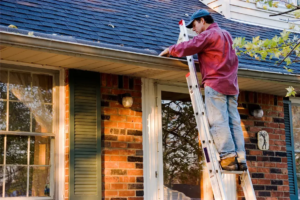 Autumn in Florida is a subtle transition, softly nudging the boundaries of a seemingly endless summer with mild whispers of cooler breezes. While the quintessential fall transformations are minimal, homeowners still need to adjust their maintenance practices to ensure their homes are well-kept and prepared for seasonal changes. Here’s a guide to fall home maintenance tailored to meet the specific needs of Florida residents.
Autumn in Florida is a subtle transition, softly nudging the boundaries of a seemingly endless summer with mild whispers of cooler breezes. While the quintessential fall transformations are minimal, homeowners still need to adjust their maintenance practices to ensure their homes are well-kept and prepared for seasonal changes. Here’s a guide to fall home maintenance tailored to meet the specific needs of Florida residents. 
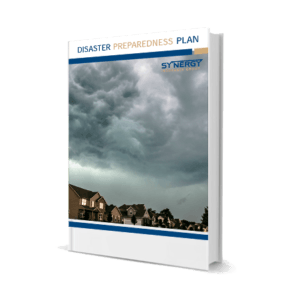
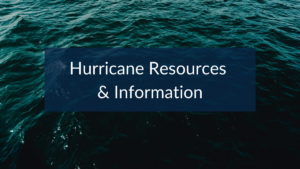
 You’ve changed the clocks and been bitten by the spring cleaning bug. While you’re in the throes of all that cleaning, take a moment to add these general safety tips onto your honey-dos. From the ceilings to the medicine cabinets, now is a great time to make your home as safe as possible for the new season. Here are a few ideas to kickstart your plans.
You’ve changed the clocks and been bitten by the spring cleaning bug. While you’re in the throes of all that cleaning, take a moment to add these general safety tips onto your honey-dos. From the ceilings to the medicine cabinets, now is a great time to make your home as safe as possible for the new season. Here are a few ideas to kickstart your plans. 